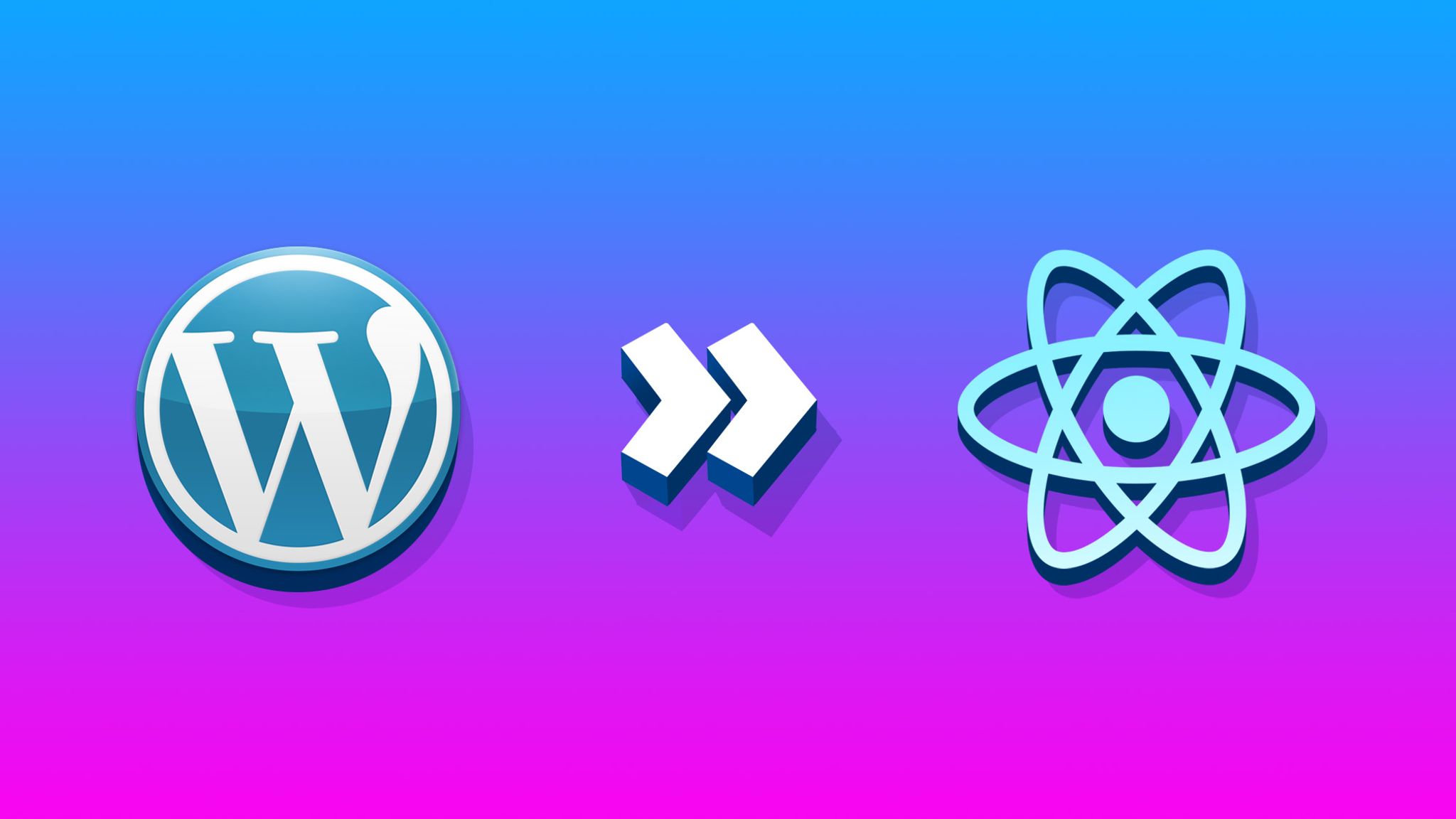WordPress Keeps Classical Editor Alive, Acquires Frontity to Expand Headless Capabilities

More WordPress in the press – and the operative word is headless.
We're covering a couple of big announcements today that are certain to have lasting impacts on the WordPress community. What's clear is that Automattic, the company that owns WordPress, seems to be listening intently to its users – and gearing up to challenge the headless CMS marketplace.
Without further ado, (don't) stop the presses...
The Classical Editor isn't being laid to rest – yet
It's not hyperbole to say that the introduction of Gutenberg in 2017 caused widespread uproar across the WordPress community. And why not? The Classic Editor allowed you to create and manage your content in an ultra-simple way, almost like a word processor. This simplicity is also what powered WordPress to market dominance.
In a race for parity with other page editors such as Beaver Builder, Divi, and Elementor, WordPress released Gutenberg – their answer to a block-based editing experience. Unfortunately, the Classical Editor was destined for demise, and WordPress scheduled an official sunset on December 31, 2021.
The Gutenberg release has been a bumpy road for users as they struggled to adapt. That said, things are improving: over the last few years, WordPress has worked steadily on Gutenberg, releasing updates every two weeks with cool new features.
While many WordPress users appreciate the evolution of Gutenberg, the Classical Editor retains a fierce and loyal following. Now, it seems that the voice of the community is driving change. In a bold move, WordPress has agreed to continue supporting the Classical Editor for another year. They said it was" the right call for the project as well as the community."
Personally, we think it's the right call as well. Change can be challenging, and users have the most valuable voice in defining a product's horizon. Perhaps WordPress could have metered their timetable based on community input, allowing them to better read the tea leaves. That said, if there's one constant to change, it's that people will always resist it on some level.
We'll be monitoring the community feedback as things unfold.
Frontity joins WordPress, goes headless
Frontity, the open-source React framework for WordPress, has been acquired by Automattic, the parent company of WordPress. Their team will contribute to the WordPress open-course project and focus on the Gutenberg editor – improving the blocks and themes in addition to making the WordPress sites more performant.
In 2019, Frontity launched their open-sourced Frontity Framework as a way to ease the integration between WordPress and React for building websites. This doesn't mean they will push React to WordPress; rather, the unification will help improve the full-site editing developer experience and contribute to WordPress' front-end tooling, performance, and UX.
There's no question that headless CMS has exploded in popularity. With traditional (or coupled) CMS platforms, the content management back-end is completely tied to a website's front-end. This effectively limits content creators and developers just to the website pages and templates that are managed and rendered in the system itself.
With a headless CMS, you are truly "channel agnostic." That means you can manage content via the JAMstack (JavaScript, API, and Markup) with different front-end static site generators using React or Vue. But the omnichannel only begins at the website layer: with a headless CMS, you can manage content on a wide range of endpoints, from digital signs to wearable tech to IoT devices. The possibilities are endless.
When we think of a traditional CMS, the first thing that comes to mind is WordPress. While it powers more than 40% of all websites on the internet, it's still considered a traditional CMS as its architecture links the front-end (HTML templates, Javascript) to the back-end via a database (MySQL). However, in recent months, WordPress has signaled a deepening investment in headless delivery, particularly with their Gutenberg initiatives. The Frontity acquisition codifies this mission by introducing a static site generator with serverless pre-rendering to the WordPress ecosystem.
"I believe there's still a lot that we can learn from decoupled systems, and we can incorporate those learnings into WordPress itself as we emphasize performance, flexibility, and ease of development," said Matt Mullenweg, founder of WordPress. "I look forward to Frontity joining WordPress and channeling their efforts into the WordPress APIs, documentation, and Gutenberg's full-site editing tools."
Automattic's 2020 investment in Frontity opened the door for this opportunity, helping both organizations to realize the alignment around their vision. The unification will shift things towards decoupled architectures in the coming years, and React will play a key role in WordPress to build modern digital experiences.